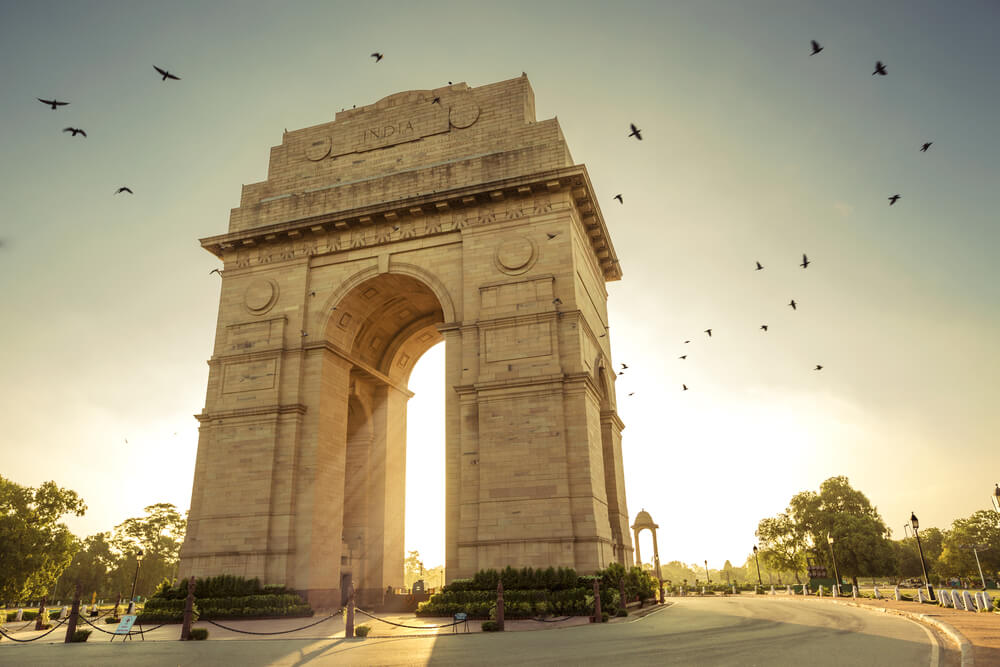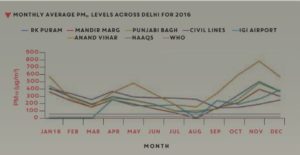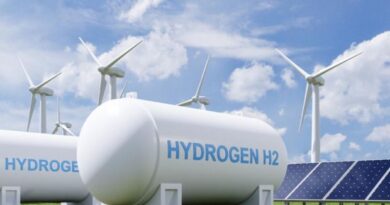Delhi’s latest Incentives to Fight Air Pollution targets restaurant smoke

The Delhi government has recently approved several measures to encourage the use of clean energy. The finalisation of financial incentives for shifting to cleaner energy sources, is the latest initiative planned by the government in the fight against rising levels of air pollution in the city.
The state government has announced that it will be giving financial incentives to restaurants for switching to electric or gas tandoor ovens from the traditional ones’s using coal. Apart from this, industries switching to piped natural gas will also be viable to claim incentives. The measures appear to be tokenism at most, with restaurant owners not particularly thrilled about the move. ” We will need to know more about the incentives, although coal fired food has its own charm, so customers may not like it too”.

Delhi Chief Minister Arvind Kejriwal tweeted, “Delhi government has taken several steps to tackle pollution in Delhi,” while confirming the implementation of the incentives.
Delhi govt has taken several steps to tackle pollution in Delhi https://t.co/zrAGRgXpNs
— Arvind Kejriwal (@ArvindKejriwal) September 4, 2018
WHO’s global urban air pollution database released earlier this year, measured the levels of fine particulate matter (PM10 and PM2.5) from more than 4,300 cities in 108 countries. According to the database released a few days ago, 14 out of the 20 most polluted cities in the world in terms of PM 2.5 concentrations were in India. In the list, despite mass appeals and initiatives by the centre and state governments, Delhi only marginally improved its pollution levels and came in 6th on the list, having been in the top 10 for well over a decade now. This trend can largely be credited to crop burning in neighbouring states, vehicle exhausts and rising construction dust in the capital.

In July, Delhi’s CM Arvind Kejriwal announced that his government had approved the proposal of 1,000 electric buses for the state of New Delhi, in an effort to “curb” the city’s pollution levels, with an estimated cost of ₹ 250 Crores.
Recently, The NBCC (National Buildings Construction Corporation Limited) under contract for a massive Rs 32,000 crore project to “redevelop” half a dozen colonies in the capital, slipped up badly when it came to balancing out the destruction of 16000 trees. Met by sustained protests by the citizens the order was suspended, and last week the Delhi High Court stalled construction work in Nauroji Nagar, the site for the new World Trade Centre buildings.
Of course, the Delhi government continues to skirt the issue of the city and its love for cars, the bigger the better. After the trial run of the odd-even scheme it tried to try and bring down congestion and pollution, it seems to have lost its nerve on the issue. Preferring to lay the blame on the cities municipal authorities to take more action. We believe it is time for drastic steps, to cure the city of its auto addiction. While medium to long term steps have to necessarily involve improving its miserable public transport, especially the bus network, other steps like hiking parking charges for larger SUV’s, parking discounts for vehicles carrying more people, and specific incentives for EV’s will be needed. As the country’s capital and most affluent region, the city needs to show the way, something the government is strangely loathe to do.
Read: Delhi has been sold a blatant lie, claims news report.




